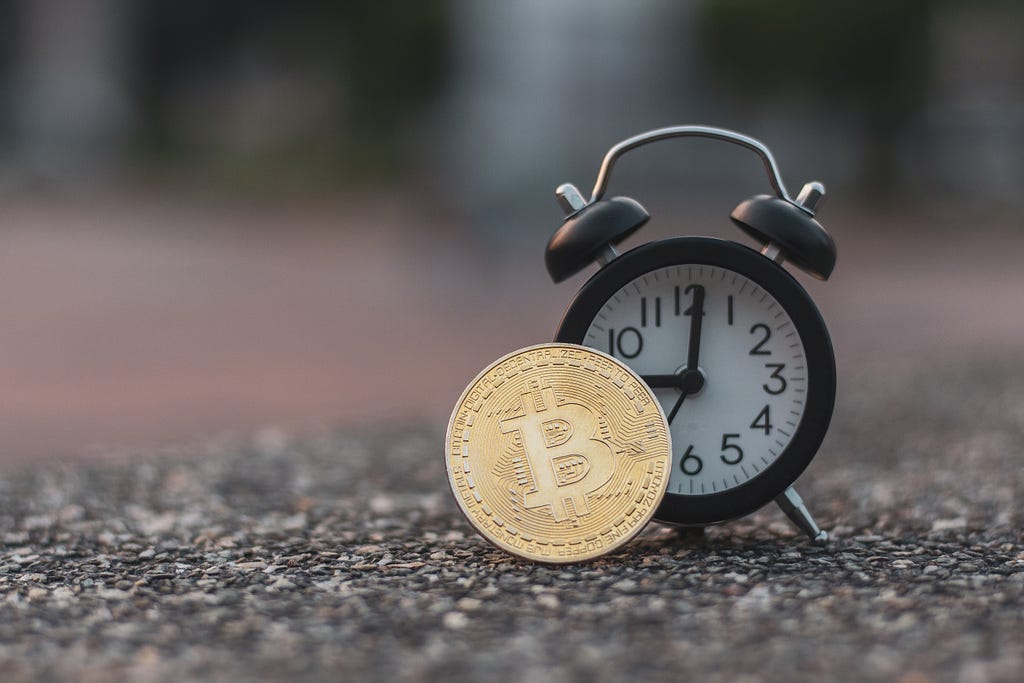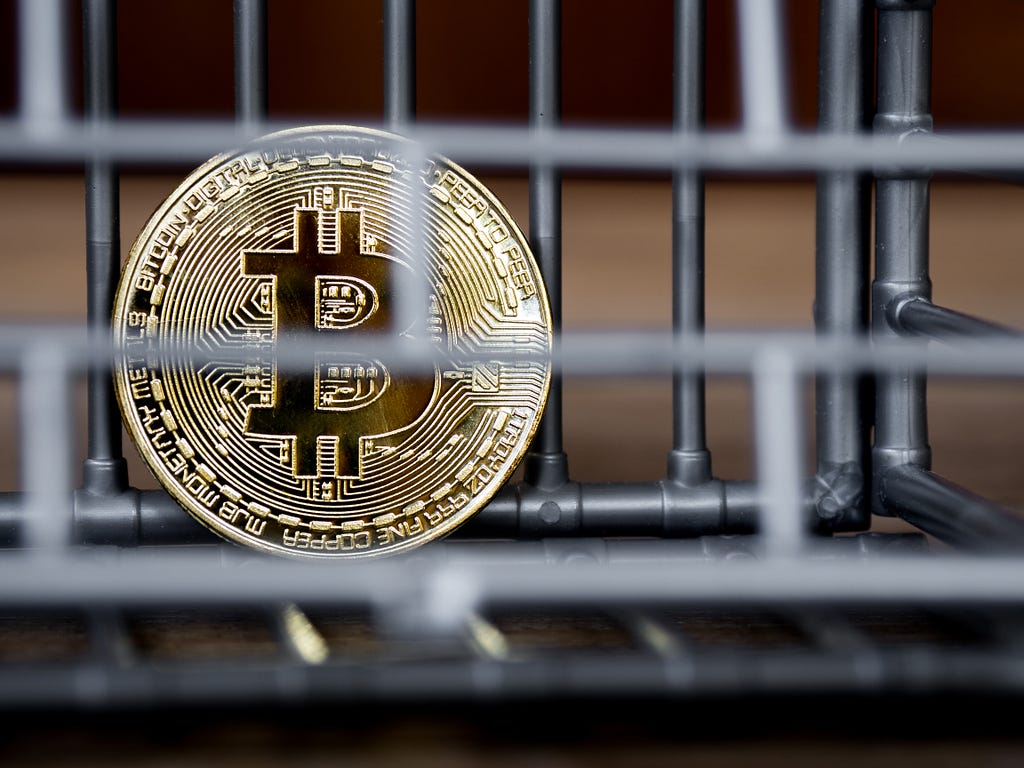If Satoshi Nakamoto had not lost his 980,000 bitcoins, it’s possible he would not have come back to re-establish his original vision for Bitcoin.One morning in 2010, having mined 980,000 bitcoins over the previous 20 months, Satoshi Nakamoto woke up...

If Satoshi Nakamoto had not lost his 980,000 bitcoins, it’s possible he would not have come back to re-establish his original vision for Bitcoin.
One morning in 2010, having mined 980,000 bitcoins over the previous 20 months, Satoshi Nakamoto woke up to a blank screen on his Acer laptop. He immediately called tech support since the Acer was under warranty and had military-grade encryption. But the laptop was returned via courier with a replaced hard drive. The bitcoins were gone. Even though the bitcoins at the time were worth just a mere fraction of their value today, it was devastating for Satoshi and ultimately led to his near nine-year hiatus from the Bitcoin community. It was this experience, however, that humbled Satoshi Nakamoto and made him revisit the whole reason he had created Bitcoin in the first place.
“I was going through tremendous stress and depression. I had such anxiety that at one point I contemplated suicide. It was then that I realized life without purpose is nothing. That’s when I made the decision to reveal myself.”?—?Satoshi Nakamoto in “My Reveal.”
If he hadn’t lost his 980,000 bitcoins, which today are valued at more than $10 billion and were valued at almost $20 billion only two years ago, he would have cashed them in by now and left the crypto community as one of the world’s wealthiest individuals. It is possible that Satoshi would have never come back to resubmit his original vision and direction for Bitcoin. The need to reform his creation is evident and he is passionate about doing so.
Satoshi Nakamoto is working diligently on a Tabula Rasa?—?a clean slate?—?to overcome some of the biggest problems plaguing Bitcoin and what is stopping it from truly changing financial systems as we now know them. Here are some early examples:
Transaction Times

The ability to go to the convenience store and instantly make a purchase is a luxury that people have come to expect, but Bitcoin transactions are not instantly confirmed or finalized. The reason being that first transactions have to go to a pool of unconfirmed transactions where the transactions have to wait until a miner picks it up and confirms it.
CNBC recently reported that it takes an average of 78 minutes to confirm a BTC transaction. Who wants to wait well over an hour to buy a soda at a convenience store?
If Bitcoin wants to compete with other consumer currencies, transaction speeds must be greatly reduced and that is what Satoshi’s reformed version of Bitcoin is designed to do.
Transaction Fees

One of the factors that increases Bitcoin transaction times and the cost of the transaction itself is the miner’s fee.
Once a transaction is made, blocks need to be added to the blockchain in order to confirm and secure it. That’s where miners come in, as they are special pieces of hardware that finalize a transaction by adding blocks to the blockchain.
Miners take a fee attached to the transaction to decide which transaction to confirm first. This means that those who pay a higher fee move to the front of the line, slowing down average times and driving up the cost of fees.
People are currently paying $28 on average to make transactions using Bitcoin, according to data by BitInfoCharts.
High Bitcoin transaction fees are profitable for miners, but they hurt the community as a whole and discourage users from making transactions with Bitcoin. The fees must be reduced for Bitcoin to be viable.
Theft and Fraud

More often than not when you read a headline about cryptocurrency, it’s about fraud and scams that have been perpetrated.
“$1.1 billion in cryptocurrency has been stolen this year, and it was apparently easy to do.” -CNBC
New measures need to be taken to prevent further abuses and manipulations by bad actors, and public perception on cryptocurrency needs to be changed. Smart contracts will allow for decentralization and anonymity while also protecting users’ accounts, hardware, and tokens.
Market Volatility

Bitcoin’s market volatility is driven in large part by varying perceptions of the intrinsic value of the cryptocurrency as an asset that can be useful in the future with some predictability. Additionally, some financial speculators have wildly manipulated Bitcoin resulting in a history of extreme volatility.
Minimizing market manipulation and proving the longevity of cryptocurrency could offer users prolonged stability.
Although it has become more popular and easier to use Bitcoin, it is still a long way from Satoshi Nakamoto’s original vision. Thankfully, Satoshi has decided to come back to push Bitcoin forward, making it a viable financial option for future generations.









